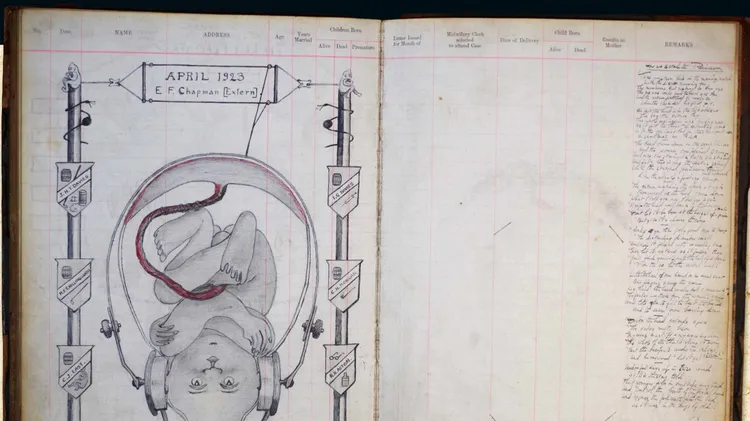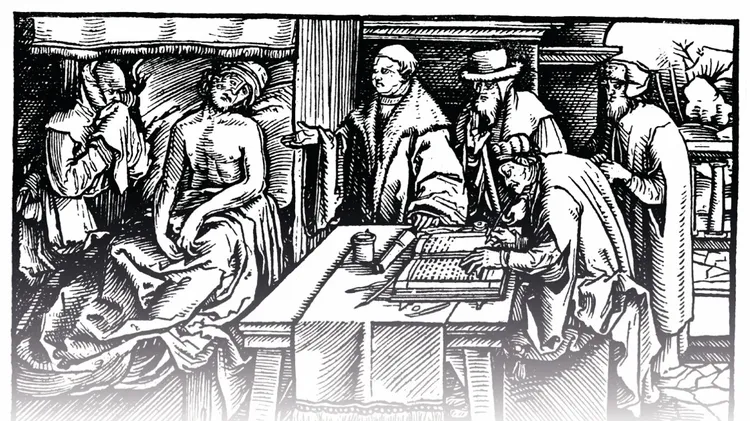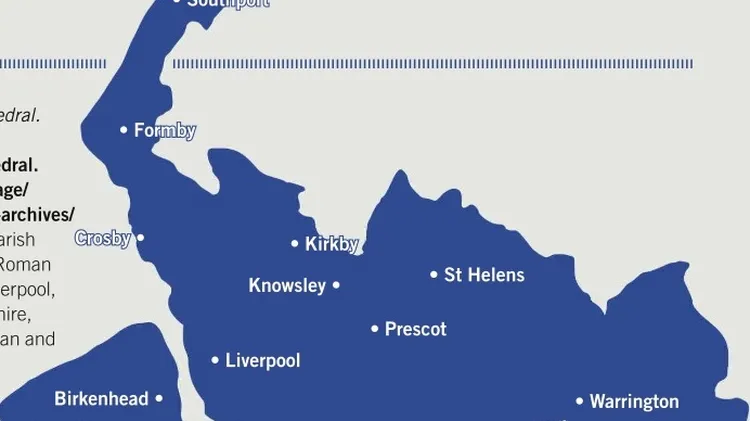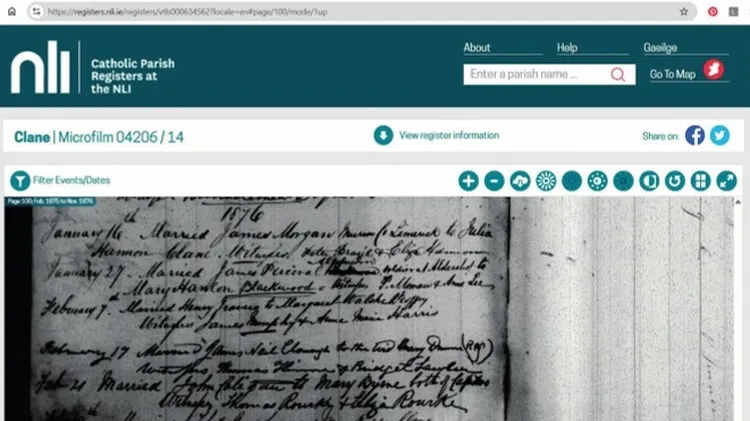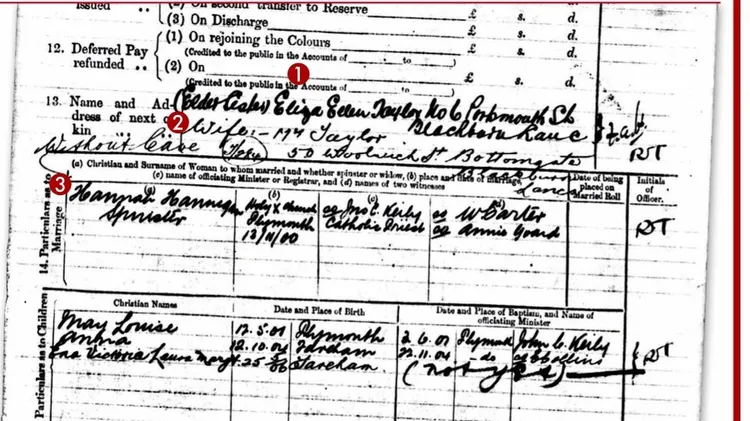Chris Paton explains why you might not be able to fi
10 baptism problems and how to solve them
10 min read
This article is from...
Read this article and 8000+ more magazines and newspapers on Readly

